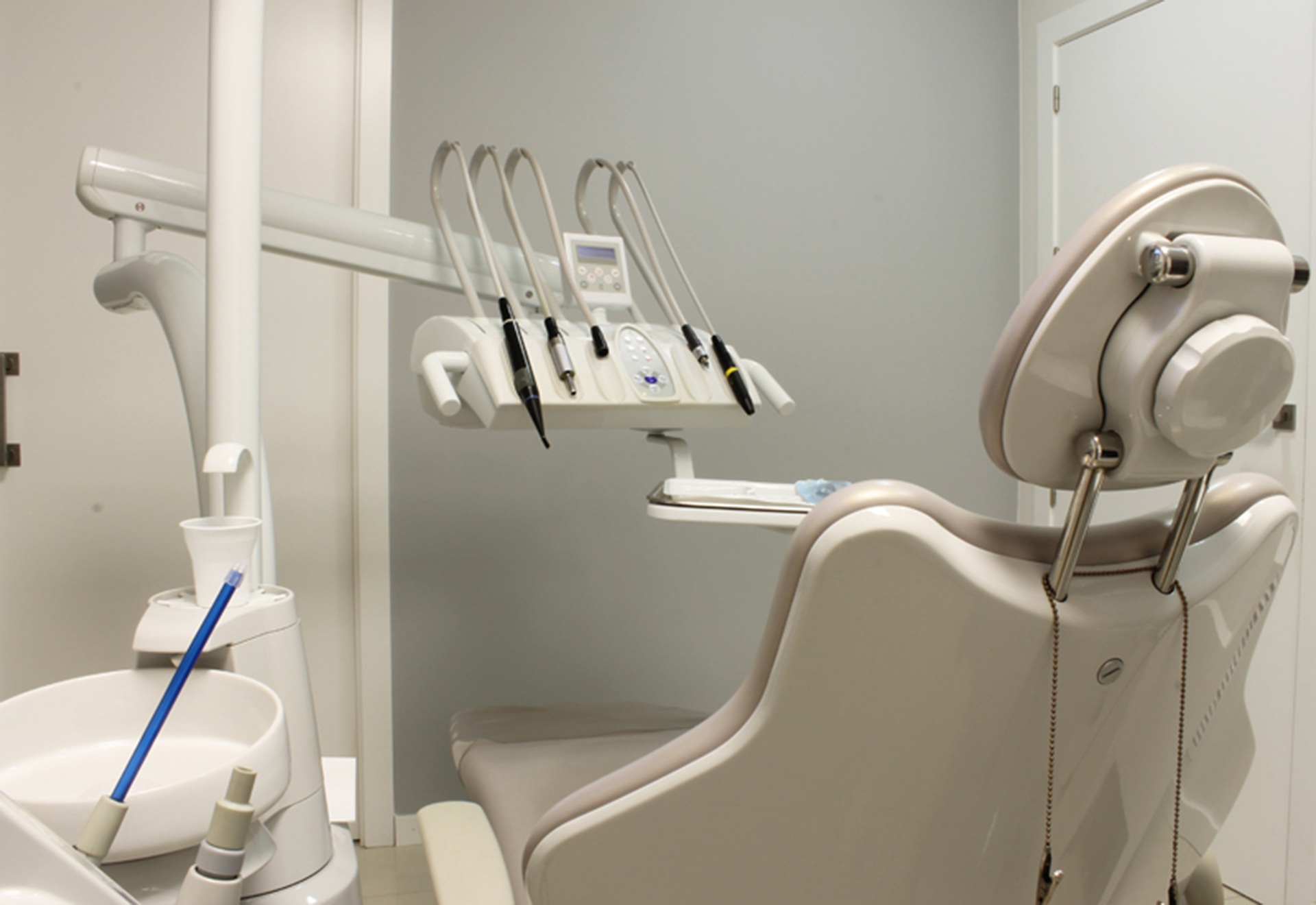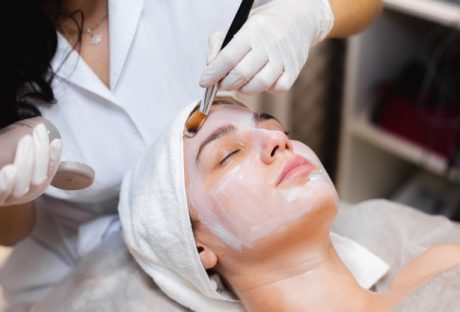The technological advancements in recent years haven’t been enough to stop the suffering of millions of people. The lack of dental education, awareness and the huge cost involved, are the main factors that contribute to tooth loss
Ever since their approval for medical use back in 1982, dental implants have become an integral part of the industry as they improve the standard of life for many. In this article, we are going to go through everything you need to know about the implants.
How are they manufactured?
The dental implants consist of metal frames, added into the jawbone through surgery. They serve the purpose of a solid foundation for dentists, allowing them to add the replacement teeth. Whether they’d be permanent or removable is completely up to you.
How do they work?
By giving the required support for the dentures and the bridges to remain fixed without shifting while speaking. The implants are fused with your jawbone underneath the gum, which makes the crowns, dentures, and implants feel more natural inside your mouth.
However, note that every individual considering implants must have perfect oral hygiene and healthy gums.
What are the advantages of the implants?
Appearance:
As they are designed to fuse with the bone and become permanent, they will become a natural part of your very own teeth.
Speech:
People with dental problems have difficulty speaking clearly. This isn’t the case with dental implants, whatsoever.
Confidence:
Having a desired smile will surely boost every individual’s self-esteem.
Durability:
With the proper oral care, your dental implants can last many years due to their high durability.
Am I eligible for this procedure?
In case you need such a treatment, you must contact a dentist to determine whether you have enough bone and healthy gums for the purpose.
However, each and every individual must be evaluated individually before starting the treatment as other health conditions might cause problems.
According to statistics, the success rates of these implants is over 98%, but it highly depends on which part of the jaw is being placed on.
What does the procedure involve?
As we have already said above, every individual is special and requires a personalized treatment plan.
First of all, your dentist must prepare the spot using restorative dentistry. Then, the tooth root implant is placed in the empty spot and the healing begins. As the jawbone recovers, it grows around the implant, making it rock solid.
Once the bonding procedure is done, a special connector post is attached to hold the new tooth. Afterward, the replacement tooth, also known as a crown, is attached to the connector’s post.
The replacement tooth is created after a model of your bite, making it look and feel just like your own natural teeth.
Are they safe?
As long as you hire a well-known professional, you don’t have to worry about your implants as they are considered the safest way to replace a missing tooth.
They won’t only look and feel natural, but they will also promote the bone’s growth beneath the missing tooth, allowing you to recover faster.
Can children have dental implants?
Kids are energetic and often mischievous, which can lead to an accident or an injury while growing up. None of us made it to adulthood without a single scar, but what can we do if our child loses teeth?
There are many procedures that can save a child’s broken tooth, but dental implants can be placed only after the bones of the jaw stop growing.
The earliest possible age for the dental implant’s procedure is considered to be 17 years. According to the Fort Wayne dentists we talked to, it is recommended to go through a series of examinations before proceeding with children’s implants.
Read Also :






















